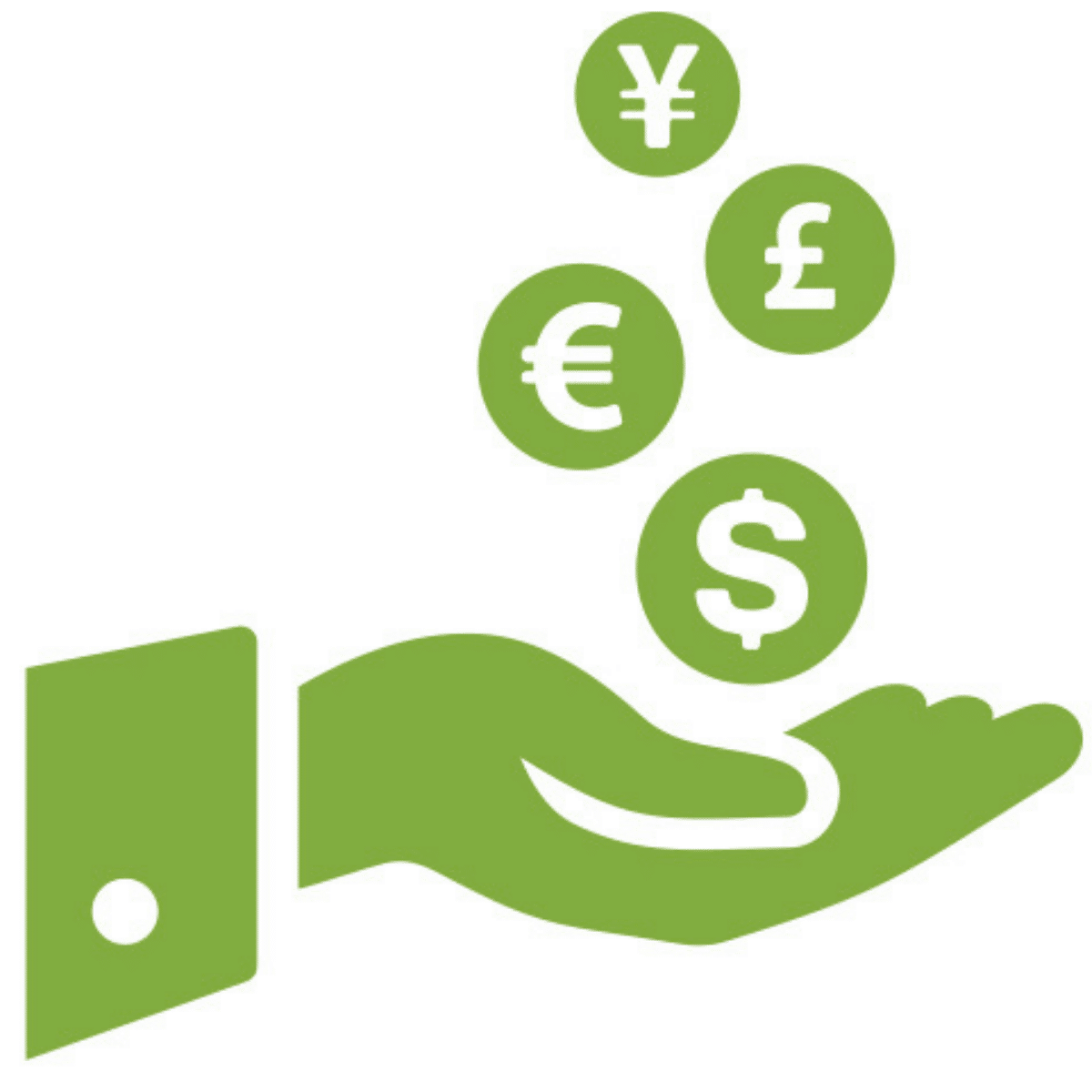Most millennials don’t have to take full responsibility for their personal finance management until right after graduating from school. Then, in a flash, they are faced with the reality that they alone are accountable for the choices they make about handling their money. Does this mean that young adults can’t avoid getting into financial trouble?














